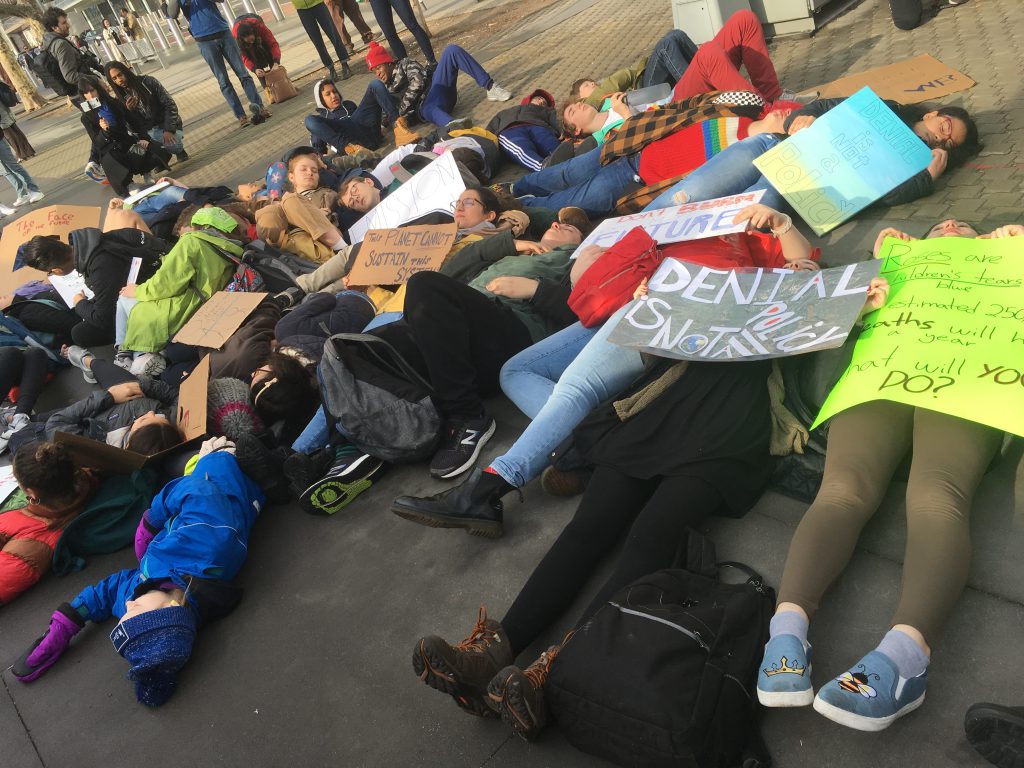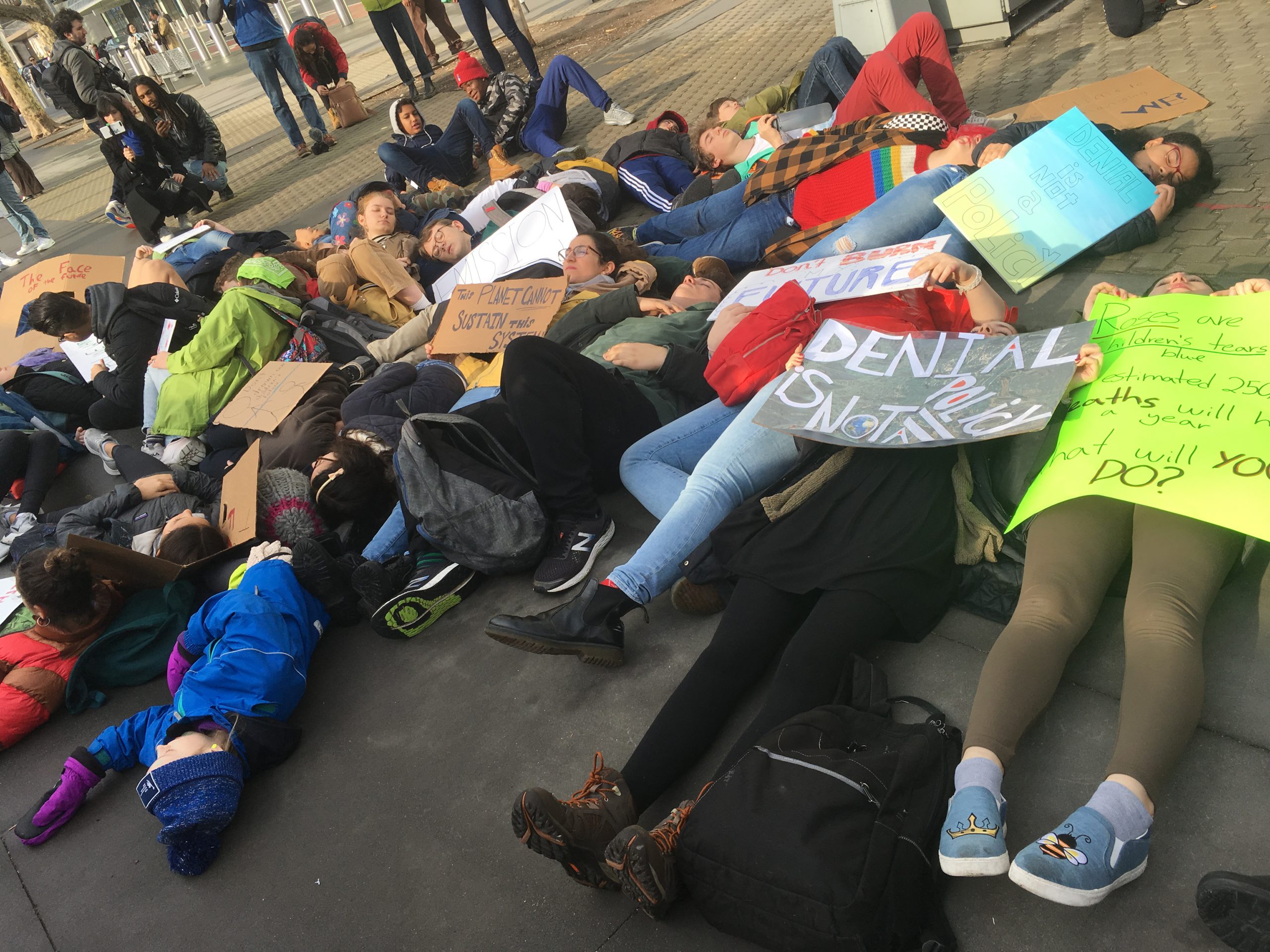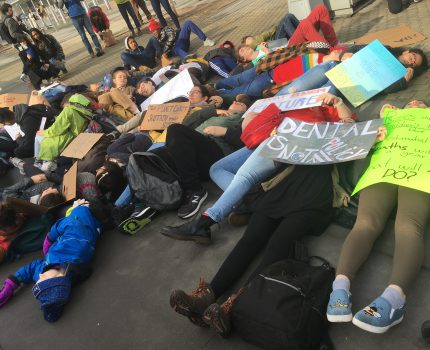
On 13th July of this year, thediplomat.com reported on the story of Naheema Zehri, a feminist activist who campaigned for the Women Azadi March in Quetta in late 2019 through social media. Zehri has since been forced to reduce her online presence because fake Instagram and Twitter accounts operating under her name were being used to threaten her into silence. The fake accounts have “manipulated pictures of her home, her children, and her friends and family and reposted them in an attempt to defame her.”
Jumping forward a few months in time, in August, global social media was abuzz with news of a new television show in the US. In ‘The Activist’, individuals would compete for the opportunity to obtain funding for their activism. The news elicited critiques and memes in equal measure until the network made a decision to revise the format to one which focuses on the journeys of the activists, removing the element of competition.
At first glance, Zehri’s story and ‘The Activist’ may appear to have little in common but in their own ways, they both allow us to analyse how new forms of digital media serve (or do not) activists. This is what we hope to do through Talk Back – a blog created by four students from the MA Communications for Development course at Malmö University, Sweden. Talk Back aims to explore different forms of activism in the digital context, to examine digital media activism in the ‘Global South,’ to encourage discussions about social activism in digital media channels, and to cover debates, trends, and attitudes on how digital media is employed in social change.
What’s got our heads turning when it comes to digital activism?
We’ll be looking at current events and news, as well as our personal and professional experiences, and we’ll delve further into more specific questions, such as: What makes someone an activist and what does it mean in the digital age?, How is the relationship between activism and international development?, and Is activism more effective on-site or online?. We’ll be examining these questions through different thematic lenses, such as gender, youth participation, climate justice, among many others.
Here’s a sneak-peek at what’s coming:
We’ll discuss the role of digital tools within the #FridaysForFuture climate movement and their recent global day of action which took place on September 24. We’ll also examine a 2020 occupation of a mansion in South Africa by a Black queer collective known as #WeSeeYou, and how digital technology played a role in their activism tactics. And we’ll take a closer look at how the COVID-19 pandemic has affected the impact of activism and whether online activism runs the risk of being merely an echo chamber… and more!
Overall, we hope that Talk Back will become a space for insightful discussion, debate, and exploration of activism and the issues related to it in our current digital age. We’re not trying to give concrete answers, but rather to drill down further, pose more questions, and debate and discuss amongst our readers, and ourselves.
Meet our team of bloggers
Lauren: I’ve been working in international development for a number of years now, and I find this topic really interesting as there is tension when walking the fine line between being a development professional and wanting to delve into activist movements that support the work development agencies do. With my individual posts, I want to also consider these questions from a gender perspective and look at topics such as how the same digital media tools used by female activists working to organize against gender-based street harassment, being turned around and used as tools of harassment against those very activists.
Kasia: I am a communication specialist working in development for over a decade. I am deeply interested in the potential of digital technologies to advance social issues but I wouldn’t call myself a techno-optimist. I believe that there are significant tensions in how digital media can both help advance activism, and at the same time undermine progress towards social change due to commercial interests, misinformation, and how platforms can be used to harass and intimidate individuals.
Sam: I’m a freelance copywriter working in the private sector. I also write the occasional short film and theatre play. I was drawn to this topic because it feels the most pertinent to explore in a time of global environmental crisis. I would like to use this space to discuss the impact activism has online versus offline, the use of ‘shock’ imagery in video activism and its effectiveness, and the power of celebrity activism
Mercy: I work as a technical editor on evaluation reports of nonprofit organizations. My interest in and motivation for exploring themes in online and digital activism is to identify patterns in the evolution of activism and how these patterns relate to international development and new media activism in the Global South.


Very well crafted text. The introduction to the theme has really caught my attention, and the fact that you are teasing upcoming content makes me want to read more. Looking forward to the next blog posts!
/ Jakob
Thanks for your feedback, Jakob! Please stay tuned and we look forward to your posts as well. Please do share when they go up!
It would be interesting to measure the extent to which social media is able to maintain sustained activism and lead to change. I think the situation you described with an activist being silenced by turning the power of social media against her may be more prevalent that we like to think. After all, once you begin to be vocal on social media you paint a target on your profile. You also make it easier to become a target, someone is now able to take advantage in the comfort of their home and basking in the substantial anonymity of the web.